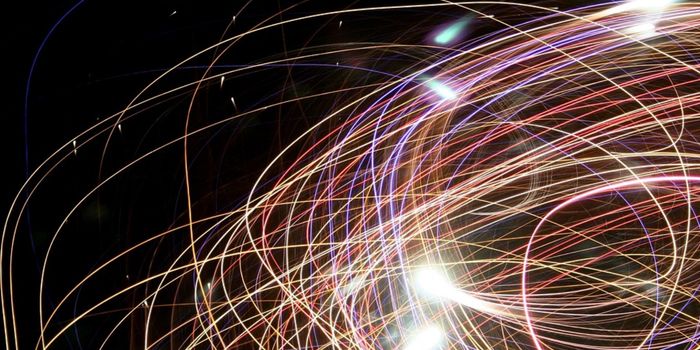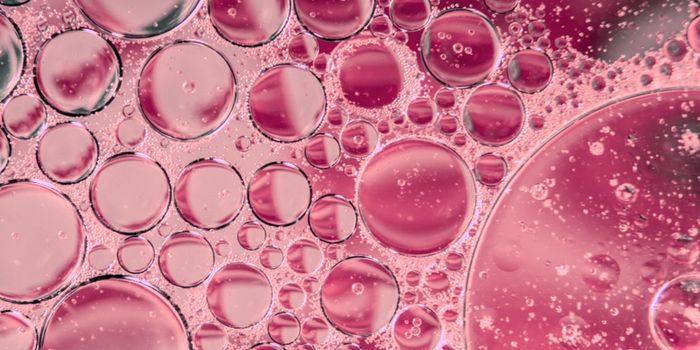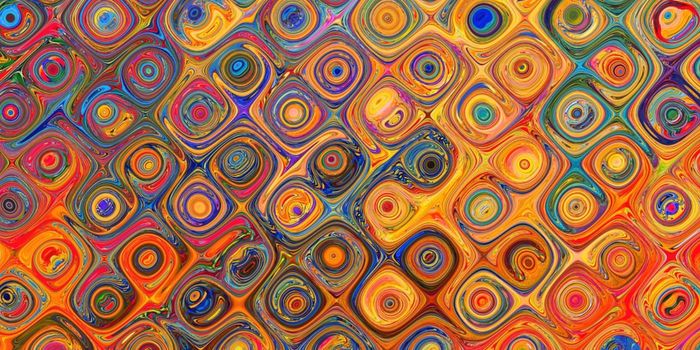A Cysteine-Rich Diet is Shown to Boost Intestinal Regeneration
A new study reported in Nature has determined that the amino acid cysteine could promote regeneration among cells in the small intestine. The work showed that cysteine can activate an immune signaling cascade that boosts the regrowth of intestinal cells and tissues. While this study was performed in a mouse model, it may be relevant to cancer patients whose intestinal tissues can be damaged by radiation therapy. It could be possible to improve the growth of damaged tissue with a cysteine rich diet or supplements, the researchers suggested.
"The beauty here is we're not using a synthetic molecule; we're exploiting a natural dietary compound,” noted senior study author Omer Yilmaz, director of the MIT Stem Cell Initiative, an associate professor of biology at MIT, among other appointments.
Previous work has indicated that certain diets can enhance the activities of intestinal stem cells, but this research has revealed one molecule in particular that can help tissue regeneration in the intestine.
In this work, the investigators fed groups of mice specific diets, each rich in one of twenty amino acids. Intestinal regeneration was assessed in each group, and cysteine has the most significant effect on stem cells and cells that become intestinal cells, also known as progenitor cells,
As cysteine was taken up in the intestinal lining, it was converted into a molecule called CoA, which was released into the intestinal mucosa. CD8 T cells can absorb CoA, triggering cellular proliferation and the production of a signaling molecule called IL-22, which is a cytokine known to be related to intestinal stem cell regeneration. The activated cells that release IL-22 can repair damage to the intestinal lining.
"What's really exciting here is that feeding mice a cysteine-rich diet leads to the expansion of an immune cell population that we typically don't associate with IL-22 production and the regulation of intestinal stemness," said Yilmaz. "What happens in a cysteine-rich diet is that the pool of cells that make IL-22 increases, particularly the CD8 T-cell fraction."
Additional work by this group has indicated that cysteine-rich diets can boost regeneration after exposure to an intestine-damaging cancer drug known as 5-fluorouracil.
High-protein foods like meat, dairy, legumes, some fish, and nuts contain high levels of cysteine. The liver also produces cysteine by converting another amino acid known as methionine to cysteine. But cysteine derived from the liver moves through the entire body without accumulating in the small intestine, as diet-derived cysteine does.
Sources: Massachusetts Institute of Technology (MIT), Nature









